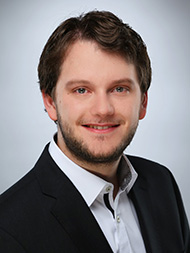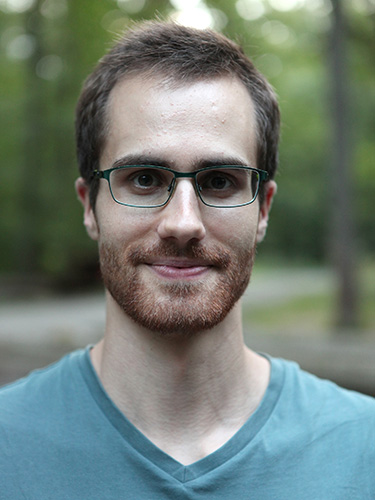We are a diverse and multinational group of people who believe that the way molecular biology is done needs to change. Automation and high-throughput enable high quality experiments to be done faster and more efficiently, but in order for everybody to get involved it also needs to be affordable, safe and accessible.
We have created the Bio-On-Magnetic-Beads (BOMB) community platform as a fulcrum for this change. We hope it will allow all of us to focus on designing, performing and publishing great science projects instead of spending hours transferring liquids from one tube to another! We’re making our versatile BOMB protocols openly available to the community and we sincerely hope you will use, modify, tweak and share them – all of us will benefit.
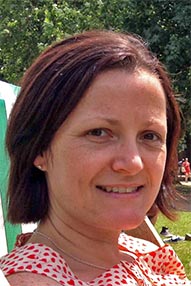
Donna Bond is a Research Fellow working in the Department of Anatomy, at the University of Otago. During her PhD and Post-doctoral training her research focussed on understanding various epigenetic mechanisms in plants. Epigenetics is her research passion and she is now investigating its role in a variety of different vertebrate models.
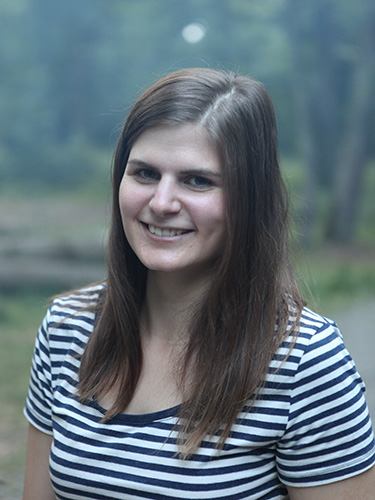 Jule Focken did her BSc thesis in Stuttgart studying molecular mechanism of targeted gene activation by using new epigenetic effectors. She is starting her MSc studies in Biotechnology at the University of Glasgow.
Jule Focken did her BSc thesis in Stuttgart studying molecular mechanism of targeted gene activation by using new epigenetic effectors. She is starting her MSc studies in Biotechnology at the University of Glasgow.
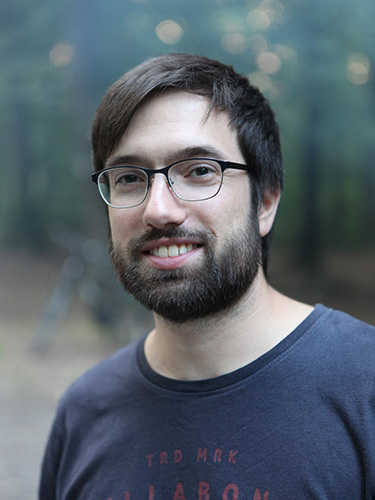
Sven Höhn is doing his MSc in Technical Biology in Stuttgart. He is co-developing a new generation of CRISPR-based epigenetic editing tools and uses them to study the molecular underpinnings of the epigenetic system.
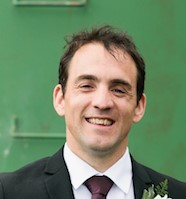
Tim Hore is a Senior Lecturer in the Department of Anatomy, at the University of Otago (New Zealand). His research team is working to understand how epigenetic memory in the form of CG methylation evolved in vertebrates and its potential for defining cellular identity and passing on long term biological information throughout life and between generations. As such his team are working diverse models going from cultured stem cells to the iconic fillet in New Zealand fish-n-chips, the Elephant Shark.
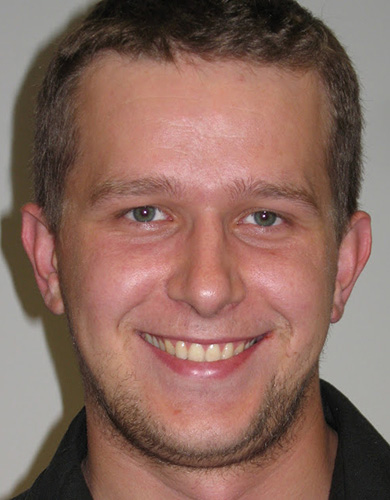 Tomasz Jurkowski is a Junior Professor of Biochemistry and Molecular Epigenetics in the Institute of Biochemistry at the University of Stuttgart. In his research he and his team are aiming to elucidate the molecular principles of epigenetic regulation by using CRISPR-Cas9-based epigenetic editing as well as biochemical approaches. We further employ the gained knowledge to epigenetically program cell’s differentiation state and function (synthetic epigenetics).
Tomasz Jurkowski is a Junior Professor of Biochemistry and Molecular Epigenetics in the Institute of Biochemistry at the University of Stuttgart. In his research he and his team are aiming to elucidate the molecular principles of epigenetic regulation by using CRISPR-Cas9-based epigenetic editing as well as biochemical approaches. We further employ the gained knowledge to epigenetically program cell’s differentiation state and function (synthetic epigenetics).
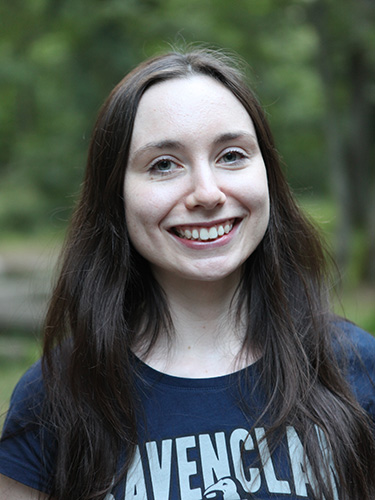 Vivien Meyer, during her BSc studies in Stuttgart investigated the mechanisms of targeted gene repression using CRISPR-based epi-editors.
Vivien Meyer, during her BSc studies in Stuttgart investigated the mechanisms of targeted gene repression using CRISPR-based epi-editors.
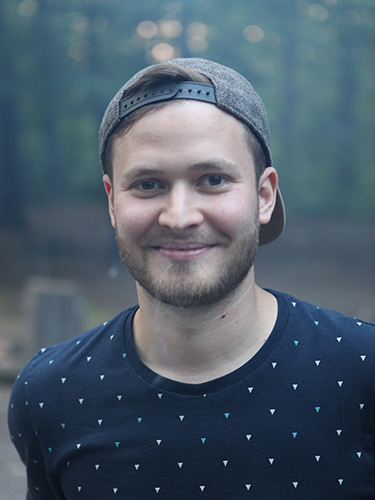 Luca Schelle is an ambitious young scientist in the late stage of his master’s degree at the University of Stuttgart. Works best while listening to nice reggae vibes.
Luca Schelle is an ambitious young scientist in the late stage of his master’s degree at the University of Stuttgart. Works best while listening to nice reggae vibes.
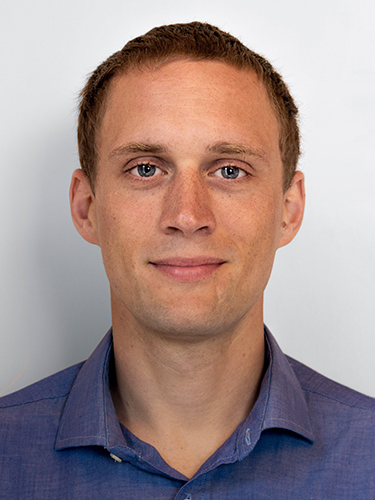 Tim Moser did his MSc. thesis in Innsbruck studying high alpine plant stress physiology. He ended up pursuing a PhD in molecular genetics at the Department of Anatomy, at the University of Otago (New Zealand).
Tim Moser did his MSc. thesis in Innsbruck studying high alpine plant stress physiology. He ended up pursuing a PhD in molecular genetics at the Department of Anatomy, at the University of Otago (New Zealand). 